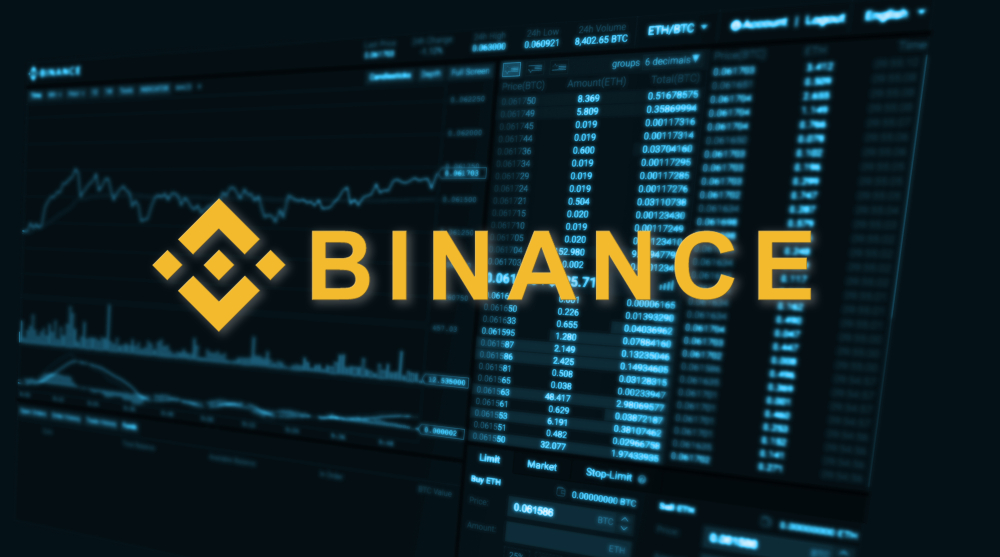On Friday, the developers from Axie Infinity can now have fresh air because the leading crypto exchange across the globe, Binance, disclosed its recovery of a few of the funds swindled in the Axie Infinity exploit, making the victims hopeful for the future.
Leading exchange restores funds from Axie exploit
Changpeng Zhao (the CEO of Binance) turned toward his official Twitter account, declaring that a valuation of up to $5.8M had been recovered by the exchange, kept across nearly 86 accounts existing over the exchange on the behalf of the Lazarus Group. The chief wallet associated with hackers comprised $280M worth of ETH.
Nonetheless, data given by Elliptics (a blockchain security company) brought out that crypto mixers like Tornado Cash have been utilized by hackers for funds to be transferred to CEXs, whereas additionally converting a proportion of the swindled USDC to Ether over DEXs.
In his tweet, Changpeng noted that the hacking group DPRK initiated to shift the funds that they swindled from Axie. Further, the tweet mentioned that a proportion of the respective funds have been restored by Binance. Moreover, the crypto exchange did several efforts many times to do this in terms of the rest of such projects formerly as well.
Mixers and DEXs to stop malicious people
As the hacks such as Axie Infinity are increasing, mixers and DEXs are endeavoring to take measures to initiate restricting bad people who pursue capitalizing while remaining anonymous. Recently, Uniswap indicated that it presently monitors addresses linked to the illegal operations utilizing TRM Labs-based blockchain intelligence. The exchange asserts that on-chain data, as well as real-world inquiries, are utilized by TRM Labs to detect crimes, and any wallet connected to the illegitimate operations will be blocked by it.
The Q&A section of it also takes into account the policy to restrict people that have an unlawful attitude toward utilizing the application of the venue. While responding, Tornado Cash declared that the platform is utilizing Oracle Contract provided by Chainalysis to stop the wallets that OFAC has sanctioned.
Sustaining financial privacy counts to be fundamental for securing their freedom. Nevertheless, it should not cost them non-compliance, as pointed out by the team. As per Roman Semenov (the co-founder of the venue), the monitoring procedure will just secure sanctioned wallets from reaching the DApp interface of the company, however, would not halt the funds’ transfer into its main smart contract, because of the immutability.







